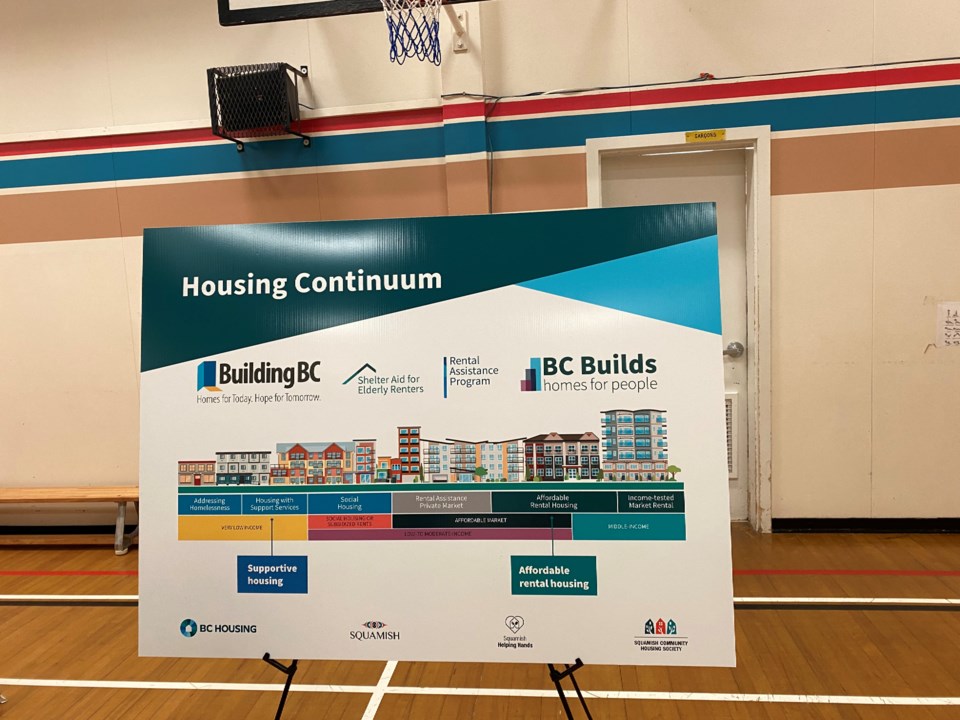Re: “What the Squamish community thinks about a new supportive housing development” (published on June 29, 2025).
As a long-time Squamish resident, the current chair of the Hilltop Family Council, a volunteer director with the Vancouver Coastal Association of Family Councils, and a member of the VCH Regional Resident and Family Council Network, I am writing to express deep concern about the proposed supportive housing development at 39900 Government Road and Centennial Way.
While I fully support creating safe, affordable housing for people in need—including seniors, people with disabilities, and those experiencing homelessness—it is a grave mistake to mix vulnerable seniors with individuals [who may be] actively struggling with serious mental health and substance use disorders. These are fundamentally different populations with profoundly different care needs and safety requirements.
B.C.’s own experience has already shown the dangers of this approach. where addiction and mental health patients were housed adjacent to seniors, staff and family members reported open drug use, violence, and emotional trauma among residents. Reports included crack and meth being smoked indoors, visible drug deals outside the entrance, and staff unable to confiscate weapons due to provincial guidelines. How can anyone argue that this is a safe or dignified environment for elderly people—many with dementia or mobility issues?
In Alberta, a similar arrangement atn one year and major safety concerns from veterans and seniors. Squamish is not immune to the same consequences.
The Squamish Helping Hands Society executive director stated the new development will house “people who use substances, people who are disabled, and seniors.” But this blend of populations—without clearly defined, physically separated, and properly resourced spaces—is a systemic shortcut that places our most vulnerable citizens at unacceptable risk.
We are already facing chronic staffing shortages in long-term care across B.C. Who will protect our seniors in these mixed environments? Will there be enough trained staff to handle crisis situations, de-escalate violent outbursts, or intervene when a resident is exposed to trauma?
This is not just a policy concern—it’s a moral one. Would you want your aging mother, father, or disabled family member living in a setting where drug use, aggression, and psychological distress are common occurrences?
The supportive housing proposal—located less than a kilometre from the new 152-bed long-term care facility under development—effectively creates a high-risk corridor where safety, stability, and respectful aging are no longer guaranteed.
This is not about NIMBYism. It’s about responsible, evidence-based, and compassionate planning. Mental health and addiction care require specialized facilities, tailored treatment programs, and secure settings—not a patchwork solution that jeopardizes seniors and undermines the integrity of supportive housing.
I urge fellow Squamish residents to speak up. Contact our Sea to Sky MLA, Jeremy Valeriote, and demand a revised, safer model that provides dignified, effective care for all—without putting one vulnerable group at risk for the sake of another.
•Jeremy Valeriote, MLA, Parliament Buildings, Victoria, BC V8V 1X4 or•
Jeremy Valeriote, MLA, Meeting Room, 38551 Loggers Lane, Squamish,
BC V8V 0H2
In addition, you can also write specifically and/or locally to:
•
Janice M. DesJardins
Squamish



